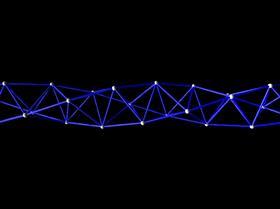
Researchers who are using fruit fly genetics to investigate abnormal gene defects in humans have been given £2.8 million to boost the pioneering work.
The University of Manchester scientists will use fruit flies to discover how cells develop into specialist tissues such as nerves, muscles and eyes.
Fruit flies share three-quarters of the genes that cause disease in humans, allowing scientists to make useful comparisons during research.
The money was awarded the Biotechnology and Biological Sciences Research Council. It is part of a £17.7 million research boost into using bioscience to improve health and agriculture, as well as an alternative to fossil fuels.
Research leader Professor Simon Hubbard, from the faculty of Life Sciences, told the Manchester Evening News that by characterising how development works in the fruit fly, major advances in developmental biology and genome science can be made.
Hubbard told the paper: 'This could help understand how gene defects lead to abnormal development.
'Our development is governed by the interplay between proteins encoded by our genes. Careful control of these proteins at a specific time during development dictates the fate of cells and the tissues they will form, for example, how cells specialise to form particular tissues such as nerves, muscle or eyes.
'While some of this information is contained within the genome sequence, we currently lack the full picture of what happens during development in the embryo.
'This project will close the gap in knowledge using both experimental and computational science.”



